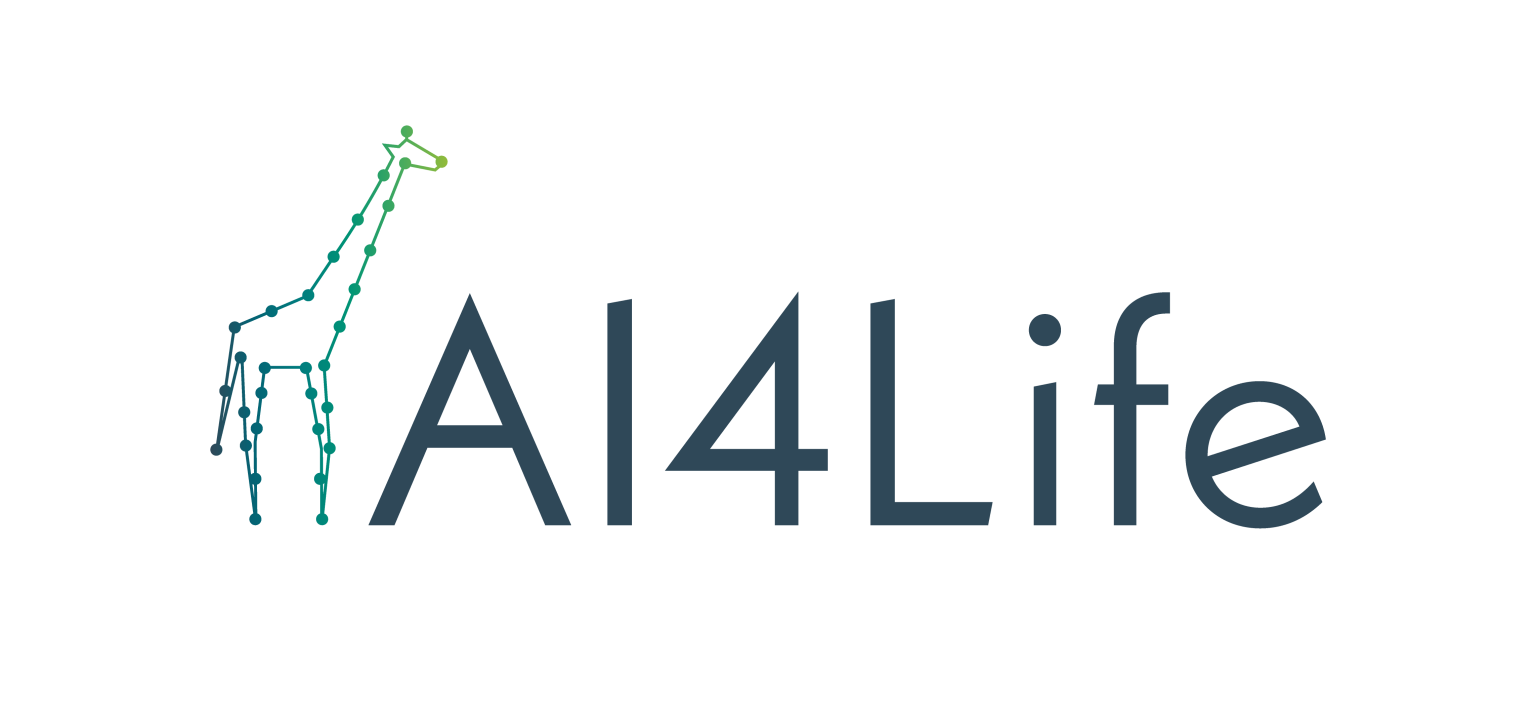AI4Life & GloBIAS webinar series: 4 webinars covering the whole AI4Life ecosystem
From February to August 2025, AI4Life joined forces with GloBIAS to host a 4-part webinar series, exploring how AI is transforming bioimage analysis — from accessing pre-trained models to building reproducible infrastructures and running open calls for the life sciences community.
The series ran every second month, on the second Thursday at 4 pm CE(S)T, and brought together experts from the AI4Life consortium to share practical tools and lessons learned. All sessions were recorded and are freely available on the AI4Life YouTube channel.
We were thrilled to welcome more than 200 registered participants across the series, with an average of 30–40 attendees per session, tuning in from across the globe.

Webinar 1 — AI4Life: What can it do for you and your images?
Speakers: Anna Kreshuk (EMBL), Wei Ouyang (SciLifeLab)
Chair: Beatriz Serrano-Solano (Euro-BioImaging)
This kick-off session introduced AI4Life and the BioImage Model Zoo. Anna and Wei walked us through “killer features” the unified model metadata standard, and how community tools like ilastik, Icy, and BiaPy can all run these models.
Webinar 2 — Towards FAIR and high-quality AI-ready data for bioimage analysis
Speakers: Teresa Zulueta-Coarasa (EMBL-EBI), Estibaliz Gómez de Mariscal (Human Technopole)
Chair: Ana Stojiljkovic (University of Bern)
All about annotated image datasets FAIR and ready for AI. Teresa presented the BioImage Archive’s approach to curating and annotating datasets, while Estibaliz shared insights on ensuring data quality and robust evaluation in the deep learning era.
Webinar 3 — Building scalable and reproducible AI infrastructure for Bioimaging
Speakers: Wei Ouyang (SciLifeLab), Iván Hidalgo-Cenalmor (BSC)
Chair: Marco dalla Vecchia (CNRS)
This session featured two complementary platforms:
– BioEngine: deploy and run BioImage Model Zoo models locally or institution-wide, with minimal hassle.
– DL4MicEverywhere: containerised workflows for reproducible, portable deep learning across Google Colab, desktops, and HPC clusters.
Webinar 4 — Lessons learned from 3 years of open calls and challenges
Speakers: Vera Galinova (HT), Mehdi Seifi (HT), Caterina Fuster-Barceló (UC3M)
Chair: Florian Jug (HT)
A behind-the-scenes look at AI4Life’s open calls and challenges: what worked, what we learned, and how our experiences can help image analysis facilities worldwide.
Although the AI4Life project is about to conclude, the recordings remain a rich resource for anyone interested in AI for microscopy and bioimaging.
Watch more content on the AI4Life YouTube channel: https://www.youtube.com/@ai4life
